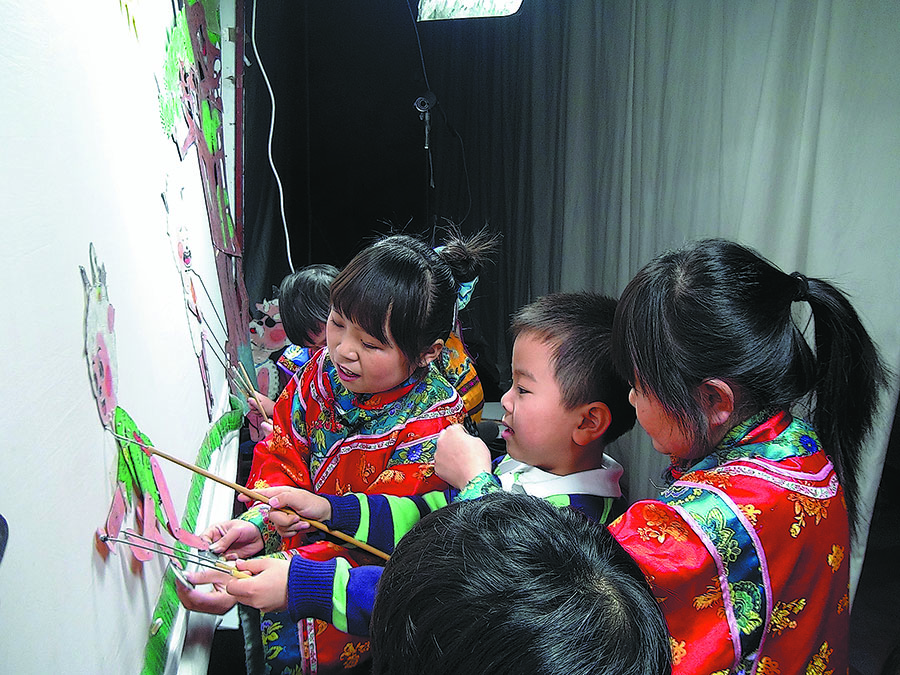Pulling the strings for cultural treats


Since others in a similar position also had trouble finding jobs, the couple felt they might have found potential trainees for shadow puppetry.
They found four actors with the syndrome and offered them free training for three months.
"These actors were very intelligent and hardworking," Wang says.
Given their stature and size of their hands, she made the wooden rods used to manipulate the shadow puppets thinner to facilitate performances.
It didn't take long before Wang noticed the actors' other merits. "They have a certain charm for children, who treat them as if they are one of their own. At the same time, they possess the wisdom of adults and are good at keeping children amused," Wang says, talking about the backstage interactions after each performance.
This initial success led to more people with the syndrome knocking on her door and to date, 300 people have been given training.
"The puppet show is an ideal way for them to build confidence step by step," Wang says.
Out of timidity, the puppeteers perform behind the screen but as the audience recognition grows, many have developed greater confidence.
Many of the trainees have either gone on to start shows in their hometowns or have become teachers promoting the art form.
There are now about 30 actors in Wang's troupe.
























